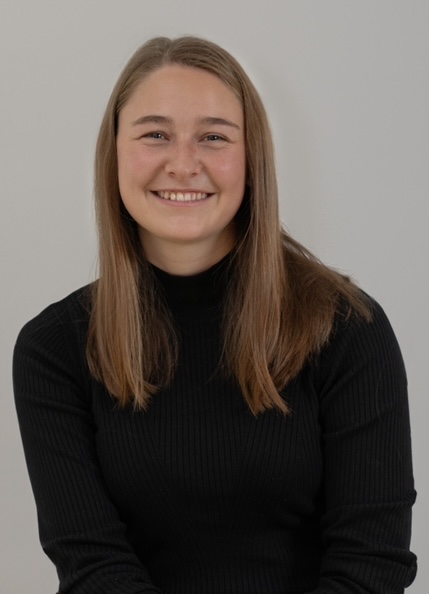Head of Research Group
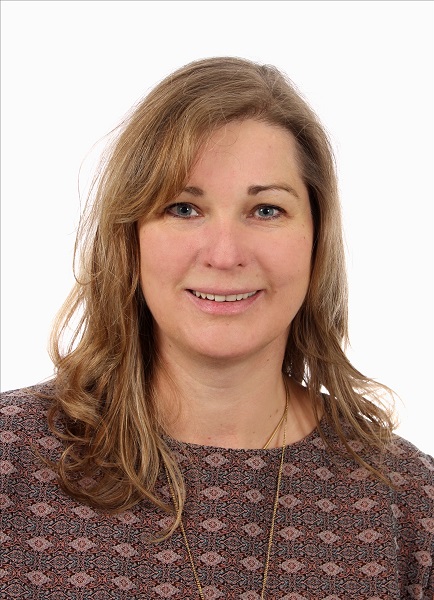
Univ.-Prof. Dr. Silja Weßler
AG-Leiterin, Professorin für Mikrobiologie
Hellbrunnerstrasse 34, 5020 Salzburg
Tel.: +43 (0) 662 / 8044-7210
E-Mail:
Senior Scientist
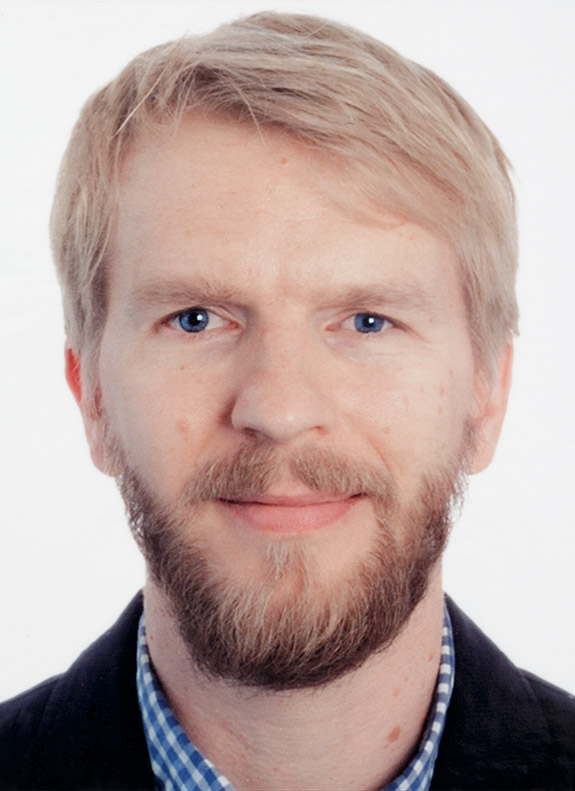
Mag. Dr. Gernot Posselt
Senior Scientist
Hellbrunnerstrasse 34, 5020 Salzburg
Tel.: +43 (0) 662 / 8044-7211
E-Mail:
PostDoc
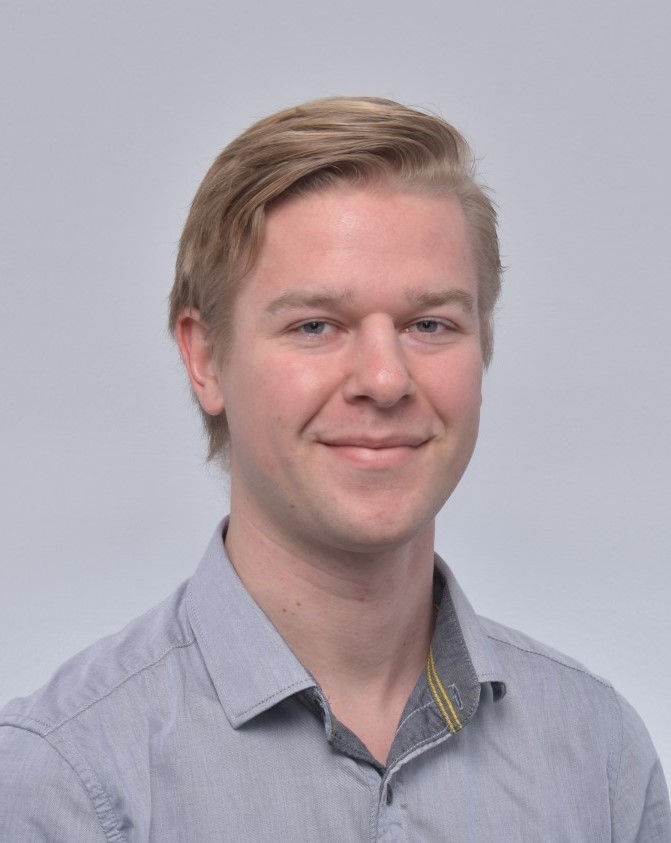
Dr. Sebastian Diechler
PostDoc
Hellbrunnerstrasse 34, 5020 Salzburg
Tel.: +43 (0) 662 / 8044-7212
E-Mail:
Technical Assistance
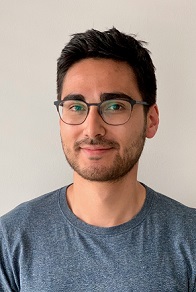
Christian Daniel Ferner
Technischer Assistent
Hellbrunnerstrasse 34, 5020 Salzburg
Tel.: +43 (0) 662 / 8044-7215
E-Mail:
PhD Students
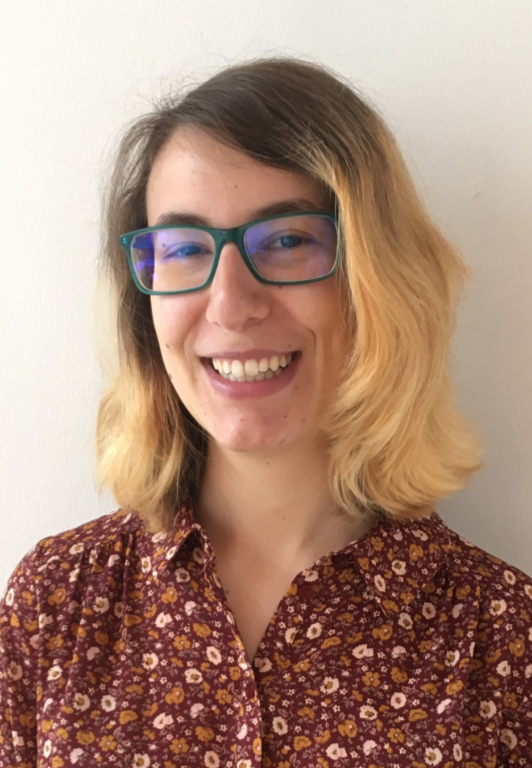
Marina Cañadas Ortega
PhD student
Hellbrunnerstrasse 34, 5020 Salzburg
Tel.: +43 (0) 662 /8044-7212
E-Mail:
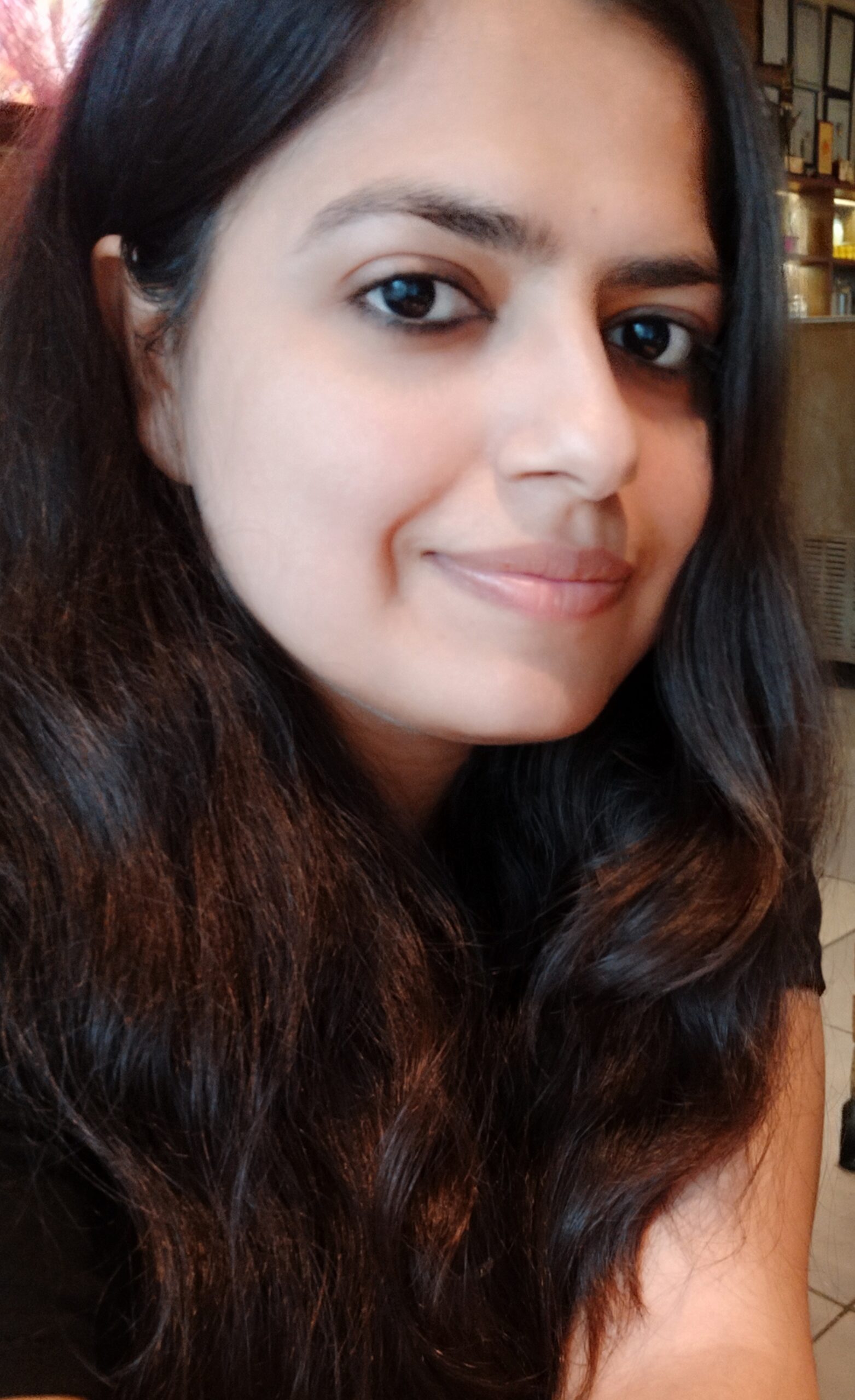
Saruchi completed her undergraduate degree in microbiology from Gargi College, University of Delhi, India, in 2015. She was enrolled in the Dr. B. R. Ambedkar Center for Biomedical Research (A.C.B.R.), University of Delhi, India, for the master’s degree program in biomedical sciences, which was completed in 2017. She worked as a Research Fellow at Translational Health Science and Technology Institute, India, with a focus on the role of type II toxin-antitoxin systems in Mycobacterium tuberculosis persistence. She then worked as a senior research fellow at the CSIR Institute of Genomics and Integrative Biology (IGIB), India, where she characterized the novel mutation in the PRKG2 gene responsible for acromesomelic skeletal dysplasia. As part of a three-month EMBO exchange program, she also worked at the University of Helsinki, Finland, where she learned gene editing of patient-specific mutations using CRISPR/Cas9 gene editing technology in patient-derived iPSCs.
MasterstudentInnen

Vanessa Albert
Masterstudent
Hellbrunnerstrasse 34, 5020 Salzburg
Tel.: +43 (0) 662 / 8044-7216
E-Mail:
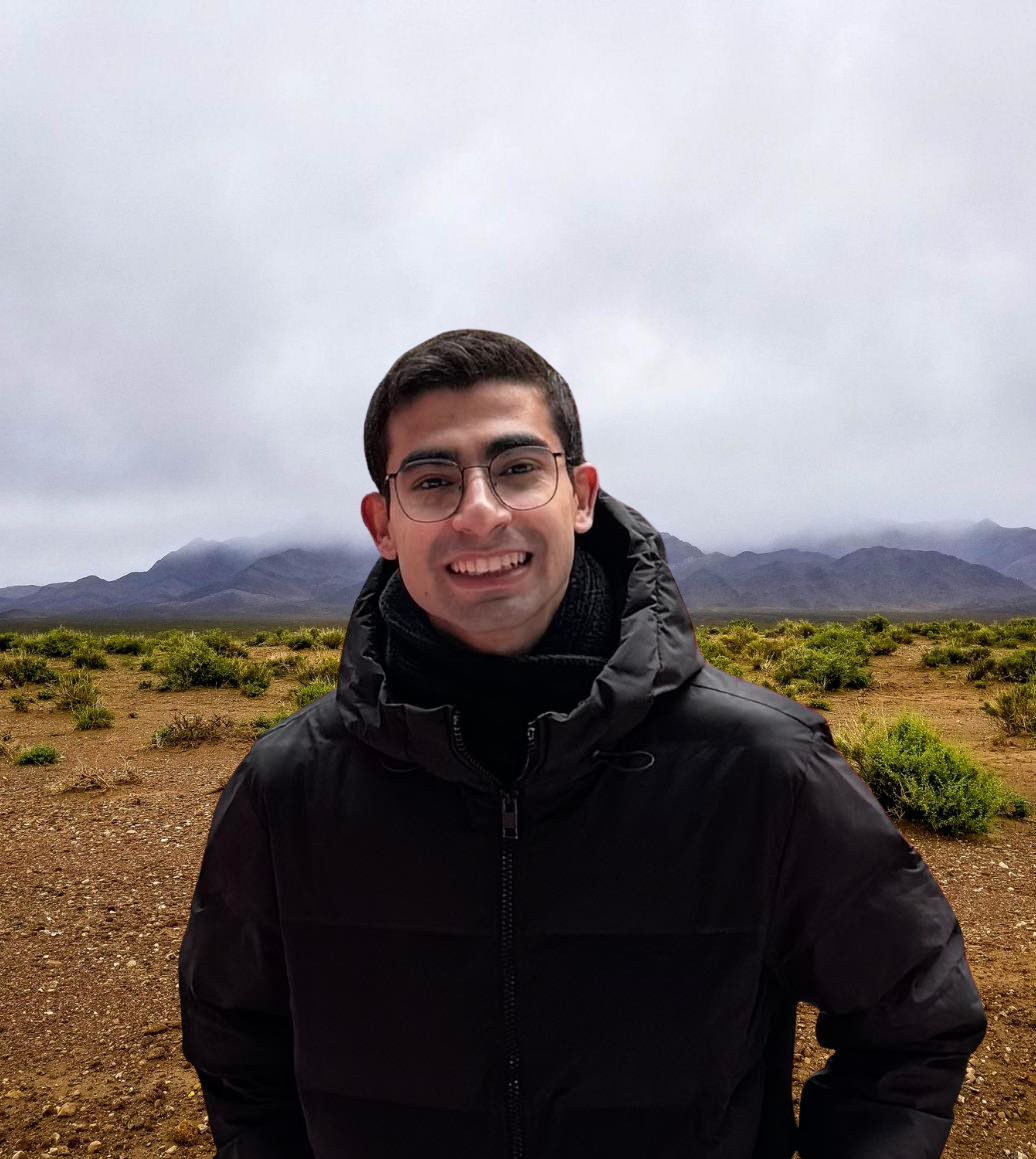
Mohamed Elattar
Master Student
Hellbrunnerstrasse 34, 5020 Salzburg
Tel.: +43 (0) 662 / 8044-7216
E-Mail:

Simon Tuchecker
Master Student
Hellbrunnerstrasse 34, 5020 Salzburg
Tel.: +43 (0) 662 / 8044-7216
E-Mail:

